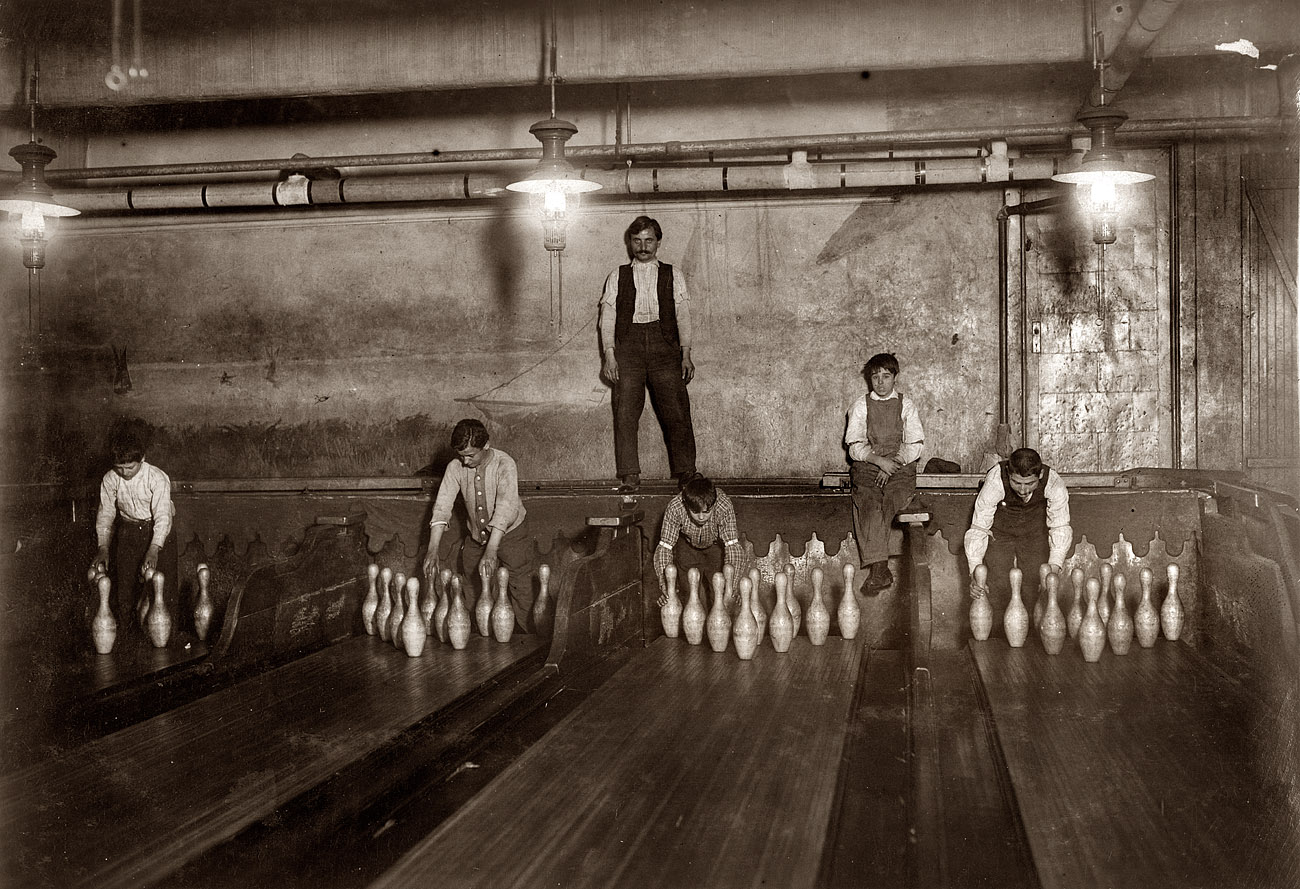It’s understandable when people fret about jobs disappearing permanently into the steady hum of automation, but no one should ever think that the robotization of our culture can be halted. We shouldn’t look at it as a simple matter of choice any more that we could have chosen to stick with the horse and carriage rather than opting for the internal combustion engine. Choosing the better technology is human nature even when it hurts humans. (Or perhaps just hurts us in the short term.) From “The Wastefulness of Automation,” an interesting article by Frances Coppola at Pieria which worries about the future:
“What if capitalists DON’T want a large labour supply? What if automation means that what capitalists really want is a very small, highly skilled workforce to control the robots that do all the work? What if paying people enough to live on simply is not cost-effective compared to the running costs of robots? In short, what if the costs of automated production fall to virtually zero?
I don’t think I am dreaming this. I’ve noted previously that forcing down labour costs is one of the ways in which firms avoid the up-front costs of automation. But as automation becomes cheaper, and the efficiency gains from automation become larger, we may reach a situation where employing the majority of people at wages on which they can afford to live simply is not worthwhile. Robots can produce far more for far less.
This creates an interesting problem. The efficiency gains from automating production tend to create an abundance of products, which forces down prices. This sounds like a good thing: if goods and services are cheap and abundant, people can have whatever they want, can’t they? Well, not if they are unemployed and have no unearned income. It is all too easy to foresee a nightmare future in which people who have been supplanted by robots scratch out a living from subsistence farming on motorway verges (all other land being farmed by robots), while lorries carrying products they cannot afford to buy flash past on the way to the stores that only those lucky enough to have jobs frequent.
But it wouldn’t actually be like that.” (Thanks Browser.)
Tags: Frances Coppola

